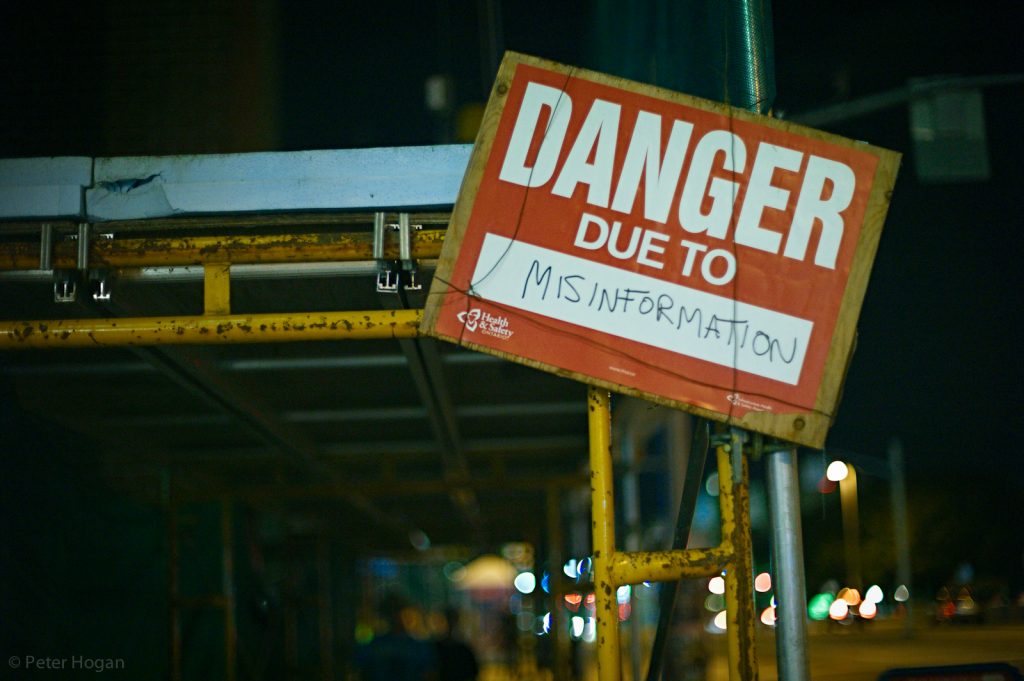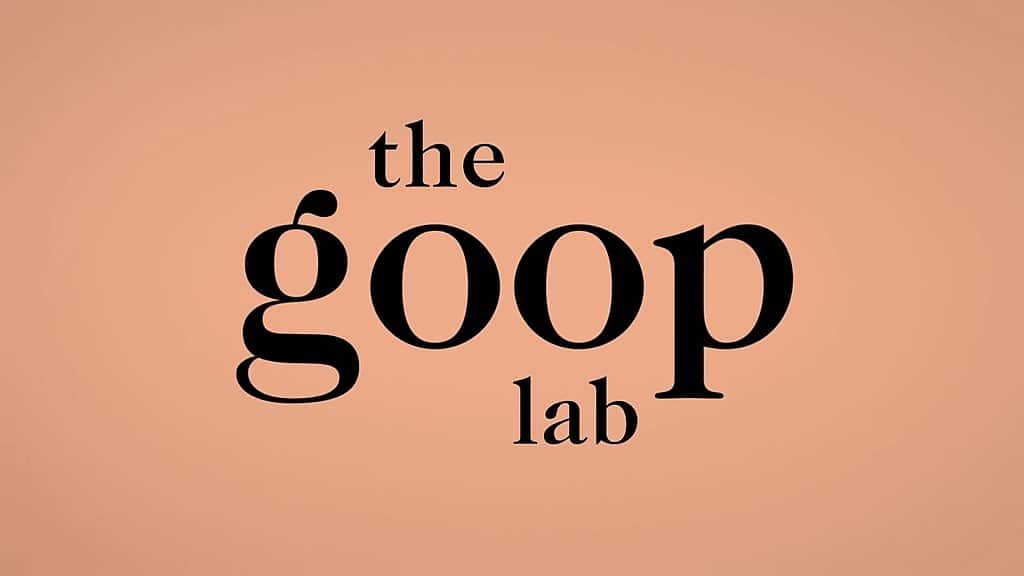Netflix recently released a biopic miniseries exploring the rise and fall of Australian wellness influencer Belle Gibson. Titled Apple Cider Vinegar (2025), the miniseries investigates Gibson’s elaborate web of deception and dramatises her infamous story. Its release raised an eyebrow for me, given Netflix’s history of promoting alternative medicine and pseudoscience on its platform, with titles like The Goop Lab (2020), Seaspiracy (2021), and What the Health (2017), among many others, accused of spreading various misleading or false claims.
The new miniseries, along with the 2023 Belle Gibson documentary The Search for Instagram’s Worst Con Artist, made me wonder: is Netflix pivoting its content strategy and trying to distance itself from association with misleading health claims?
Belle Gibson rose to fame through her wildly popular Instagram platform, which led to the release of her app and book, The Whole Pantry. The book contained recipes and health and lifestyle advice, all backed by her supposed terminal brain cancer diagnosis and claims of treating herself with natural remedies. She also claimed to have donated proceeds from the sale of her app and book to charities and people in need.
However, an investigation into Gibson’s fundraising activities revealed that not only had the promised funds never been paid, but her cancer diagnosis was also a complete lie. Legal action resulted in Gibson being fined $410,000 by the Australian Federal Court in 2017 for breaching Australian consumer law – a fine she has still not paid.
The release and promotion of Apple Cider Vinegar may be an attempt to counterbalance Netflix’s history of platforming questionable health content, especially in an era where fake news and misinformation are major global concerns. This comes at a time when Meta, one of the largest digital platforms and the company that owns Instagram – where Belle Gibson built her influence – is retracting its fact-checking initiatives. It is evident that we cannot rely on industry self-regulation to combat misinformation. Perhaps I’m giving Netflix too much credit, particularly since they have made no attempt to add disclaimers or context to any of the aforementioned titles. Still, Apple Cider Vinegar feels like a step in a different direction – maybe, generously speaking, even a breath of fresh air.

In Apple Cider Vinegar and The Search for Instagram’s Worst Con Artist, Belle Gibson is unequivocally portrayed as the antagonist, with the program primarily focusing on the stories of people who were deceived by her claims of curing multiple forms of cancer through diet and exercise while rejecting traditional cancer treatments, including chemotherapy. The show does not shy away from highlighting the damage her false claims caused, as well as how her biggest supporters helped her build an influencer empire that led to a book deal and a wellness app.
A major strength of the miniseries is its honesty about the harm caused by promoting alternative medical practices, particularly regarding cancer treatment. From the outset, Apple Cider Vinegar makes it clear that Belle Gibson was a fraud – there is no ambiguity, no element of suspense regarding her deception.
Right from the beginning, the people in Gibson’s life, including her fans and employees, attempt to expose her. Meanwhile, we see her at events promoting her book, claiming that her ‘authenticity’ is what draws people to her platform and brand. The show does an excellent job of portraying her as an almost cartoonish villain, with little to no attempt to humanise her. While this may make her a less complex character, it ensures that the producers avoid the trap of adding unnecessary drama by providing a sympathetic backstory. She is the villain, and the show makes this clear by depicting journalists breaking the story in 2015, revealing how her lies have cost lives by discouraging people from seeking necessary medical treatments.
One particularly striking moment occurs when her brand manager meets with the journalists investigating her. The brand manager remarks, “She’s probably killing people with her lies,” to which the journalist replies, “She is killing people.” This powerful exchange is even featured in the trailer that plays when you hover over the title.
When considering Netflix’s popular health documentaries, such as The Goop Lab and What the Health – though misleading content extends beyond health documentaries – it’s clear that the platform has not shied away from promoting untested and sometimes dangerous health claims. Gwyneth Paltrow, through her Netflix-promoted brand Goop, has suggested practices such as inserting a jade egg into one’s vagina, undergoing an “energy exorcism” to release stress and trauma, and engaging in “cold therapy” – all of which lack scientific backing or medical recommendation.

While controversial titles such as The Goop Lab remain available on the platform, Netflix has removed content in the past. In 2019, for instance, Netflix took down the documentary Root Cause, which alleged that root canals cause cancer, heart disease, and other serious chronic illnesses. This inconsistency raises questions about Netflix’s commitment to content regulation.
The Goop Lab remains available on Netflix in the UK without any content warnings or disclaimers. The same goes for What the Health, which argues that meat, fish, poultry, and dairy contribute to obesity, cancer, type-2 diabetes, and toxin exposure. The filmmaker even compares consuming processed meats in childhood to smoking cigarettes. Despite widespread criticism from nutritionists and medical professionals, the documentary is still available, without any disclaimer addressing its controversies and inaccuracies.
There doesn’t seem to be much consistency in Netflix’s approach, suggesting that different departments or decision-makers have varying attitudes toward fact-checking, misinformation, and journalistic integrity. It appears that Apple Cider Vinegar comes from one side of the company, while The Goop Lab comes from another.
In recent years, there have been calls for streaming platforms to be regulated as strictly as linear TV channels, which must abide by Ofcom rules in the UK. Most Video on Demand services, however, are not currently subject to the regulator’s Broadcasting Code. This makes it difficult to enforce fact-checking requirements or hold platforms accountable for spreading misinformation.
With high-profile productions featuring well-known actors, content like Apple Cider Vinegar has the potential to shape public opinion. While most viewers are unlikely to support alternative cancer treatments, a firm stance against scammers like Gibson could contribute to shifting attitudes. If this type of content becomes part of a broader trend, it could help counteract the growing scepticism and distrust toward medical science.
While Netflix’s history with wellness-related content remains questionable, Apple Cider Vinegar suggests a shift – whether intentional or not – toward a more critical lens on misinformation. Only time will tell if this marks a true pivot or just an anomaly in their content strategy. However, it is reassuring to see that there are people at Netflix who value media literacy and believe that exposing dangerous scammers is important. Even without strict broadcasting regulations, efforts like Apple Cider Vinegar show that there are at least some within Netflix who are pushing for greater accountability in content creation.



